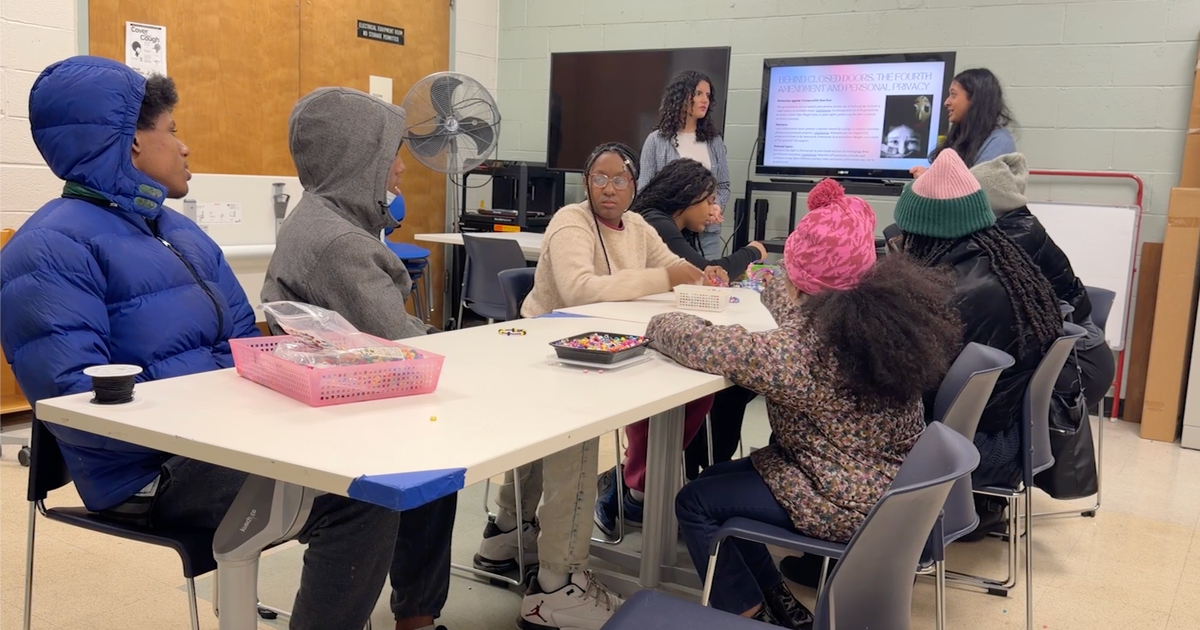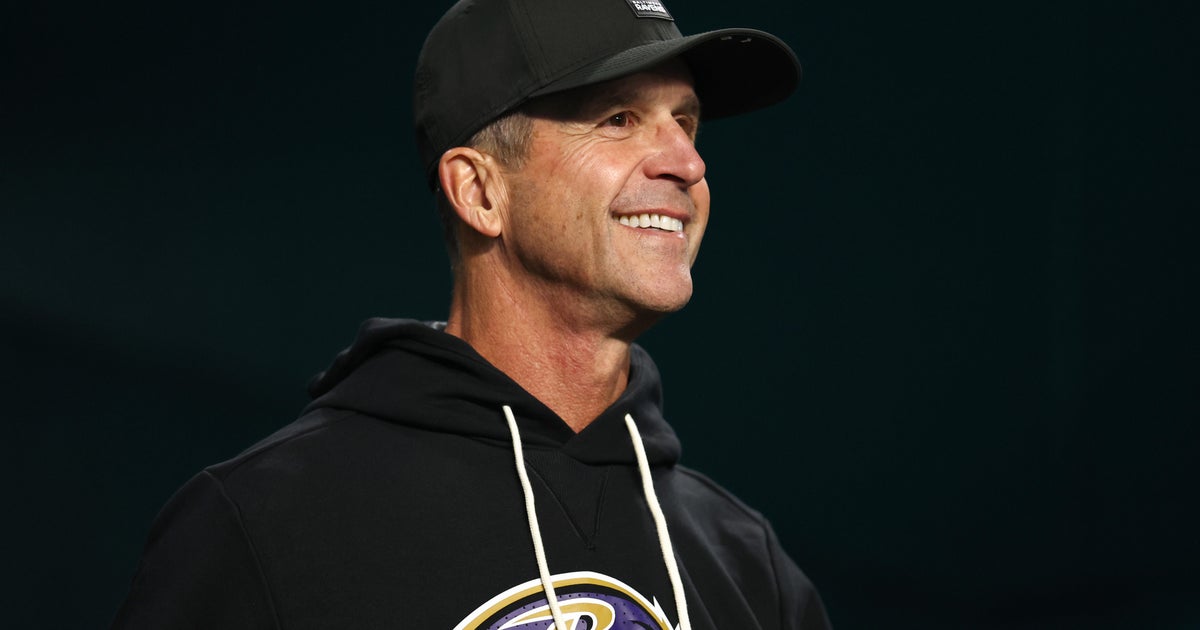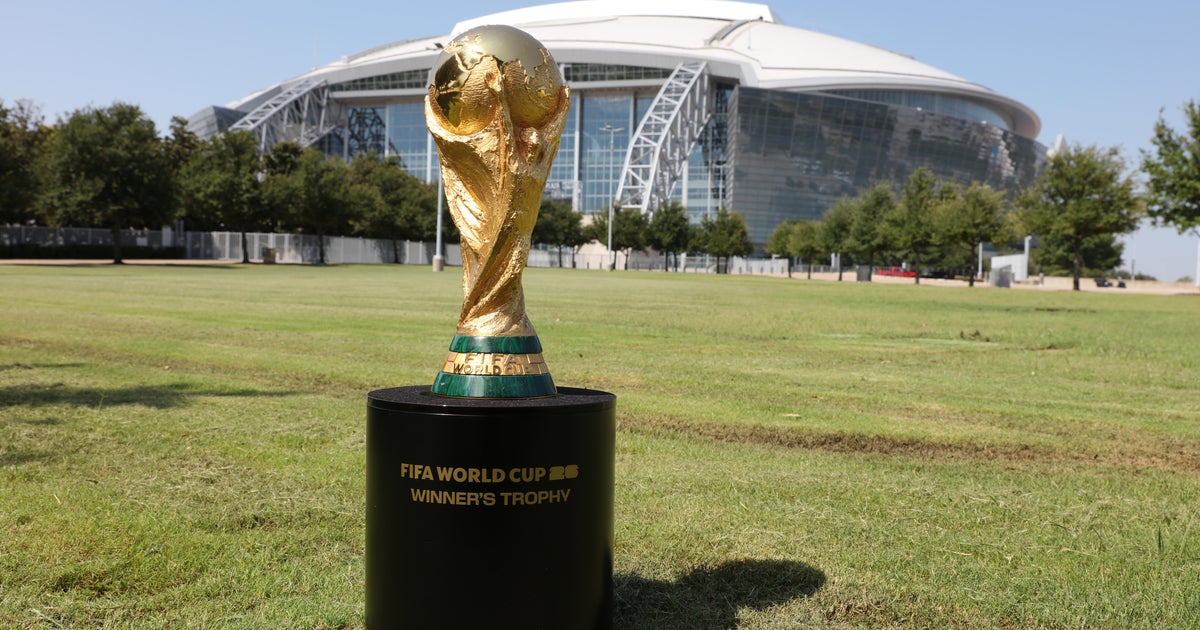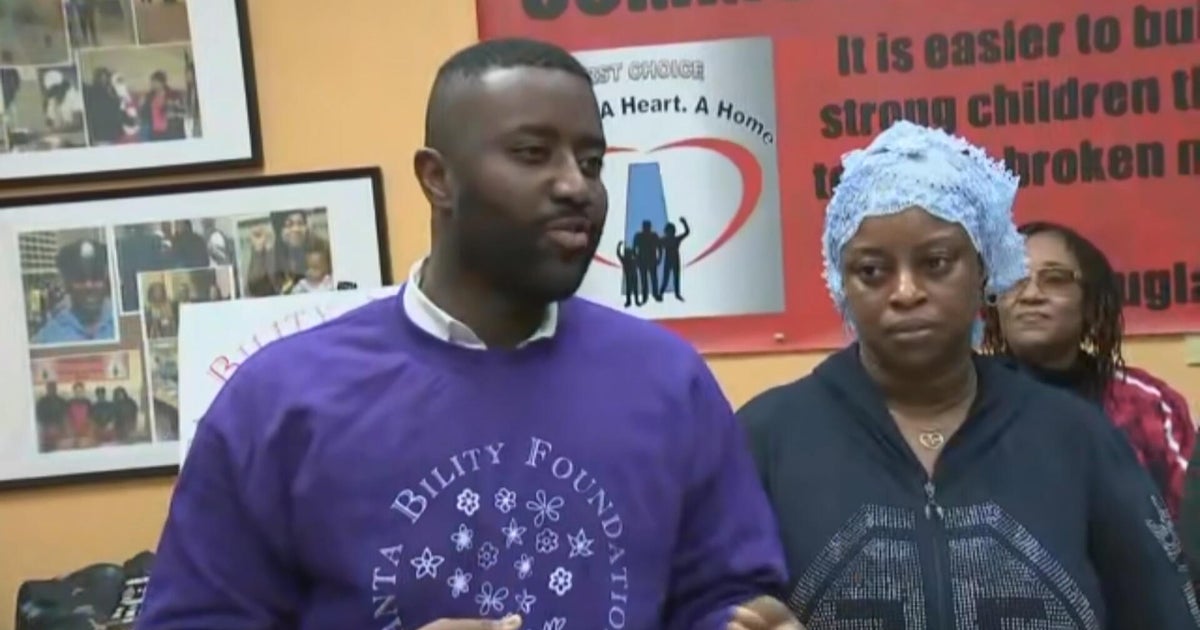Keidel: Ozzie Guillen - Lost In More Than Translation
By Jason Keidel
» More Columns
Some questions can't be answered, but we will spend eternity asking them.
Does making a racist remark make you a racist? Does acting like a fool make you a fool? How thick is the divide between deed and word?
The First Amendment is our most prized and most perilous constitutional right. Just ask Ozzie Guillen, who always took his to the ledge, and now must defend his use of it to the world and to Miami's enraged Cuban community.
No need to parse all the particulars. We've heard it. Guillen expressed admiration for Fidel Castro, the last dictator left from the last era of old-fashioned, global communism. And Guillen said it in Miami: the vortex of Cuban-American culture. Dan Le Betard, a Cuban-American and one of the more logical and less pandering personalities at ESPN, called Castro "Our Hitler."
Le Betard was quick to say there's no point in price comparisons on evil, meaning there's no point in "one upping" one tyrant over the next. But the fact that Castro could be compared to the most despised man of the 20th Century speaks quite loudly.
Since race is the most toxic topic in America, there are hundreds of publicly pummeled careers over one misstep in the verbal landmine. Even in sports, the legacies lay out like tombstones…
Jimmy The Greek. John Rocker. Al Campanis.
Guillen took a different angle but touched a similar, atomic nerve – oppressed people – so it begs a similar question. How much does it cost to say something historically insensitive and idiotic? The Marlins have dispensed their discipline over a managerial move that occurred way off the diamond, a ball that landed in very foul territory.
The Miami Marlins have suspended Ozzie Guillen for five games. And they issued some online indignity.
Obviously, Mills Lane wasn't around to hear this case. Who will remember five games in April? The punishment is cosmetic, transparent, and silly. Either eject him or exonerate him. At least either move is honest. Canceling his Twitter account would be more severe than scratching him from one-fortieth of his team's games. And since the Marlins slapped his hand before his remarks this morning, Guillen's apology seems almost superficial. As always, the people will make the difference, not the power brokers in their 100-ton yachts and stucco castles on South Beach.
Guillen tried to moonwalk from his remarks during a press conference that ended a few moments ago. Perhaps Guillen, a confident and jovial man when in his element, is in over his head this time because his mea culpa was filled with conflicting messages and laced with foxhole prayer. He apologized and owned his words, yet he often talked about phrases lost in translation between Spanish and English. He admitted saying he loved Castro but he didn't mean it. Do with that what you like.
This isn't a case study in First Amendment rights, because no one disputes that Guillen may feel whatever he likes about Fidel Castro. But he expressed his view as an employee of an MLB team in the city with the highest density of Cuban-Americans in the land. Many have said that if Guillen were managing the Seattle Mariners, his nuclear assertion would have just a fraction of the traction it has in Florida. Maybe. As Le Betard said, this was about the worst thing Guillen could say given the very demographic to whom the Marlins are selling their new stadium.
Guillen, a pretty marginal player who became a marvelous skipper, has been a most colorful page in the book of baseball characters that has given our pastime much of its charm. Consider him Casey Stengel 2.0, adorned with hallmarks of cultural progress: Guillen is not white, English is clearly not his first language, and his aforementioned Twitter account has quite a following.
But he still carries the spirit of his quirky predecessors, like the famed professor of the Yankees, who, after losing to the Pirates in the 1960 World Series and getting fired because of it, said he'd never make the mistake of turning 70 years old again.
Stengel could sit before congress and leave them laughing for hours, much the way Guillen has left clusters of media chuckling into their iPads. Guillen has said some outrageously funny things, all hopelessly mangled by a thick Venezuelan accent. Rick Reilly once wrote that he never understood why Guillen so often referred to "Beirut" during a monologue. It turned out Guillen was saying "Babe Ruth."
But today no one is laughing with Guillen, who has made hay walking the line between clever and careless. Even if this faux punishment ends the issue, the Marlins can't say they weren't warned about Guillen, whose mouth may detonate at any time.
Despite growing up in the epicenter of political correctness – Manhattan's Upper West Side – I somehow emerged with an allergy to groupthink. So I don't follow the PC Police up the ordained list of lethal gestures, nor do I think a man's life is the sum of a sound bite, no matter how misguided it is.
But there are some things you just can't say. Since I'm not a member of the group that Guillen offended, I don't feel qualified to decide his exact fate. But it would make sense if you were a member of said group and came away dissatisfied with today's proceedings.
Coincidentally, it is almost 25 years to the day since Al Campanis made his infamous remarks to Ted Koppel. By fumbling and bungling a question about race in America, Campanis lost his job, career, legacy, and life as he knew it. Brooklyn Dodgers icon Don Newcombe, who joined Jackie Robinson in the struggle for racial justice, said that there wasn't a racist bone in Campanis's body. As did George Vecsey, who wrote the New York Times piece about the Campanis a few days ago.
Doesn't matter. Some things just can't be said, no matter how right the rest of your life is. You can decide if Ozzie Guillen just said one of them.
Feel free to email me: Keidel.jason@gmail.com
www.twitter.com/JasonKeidel







